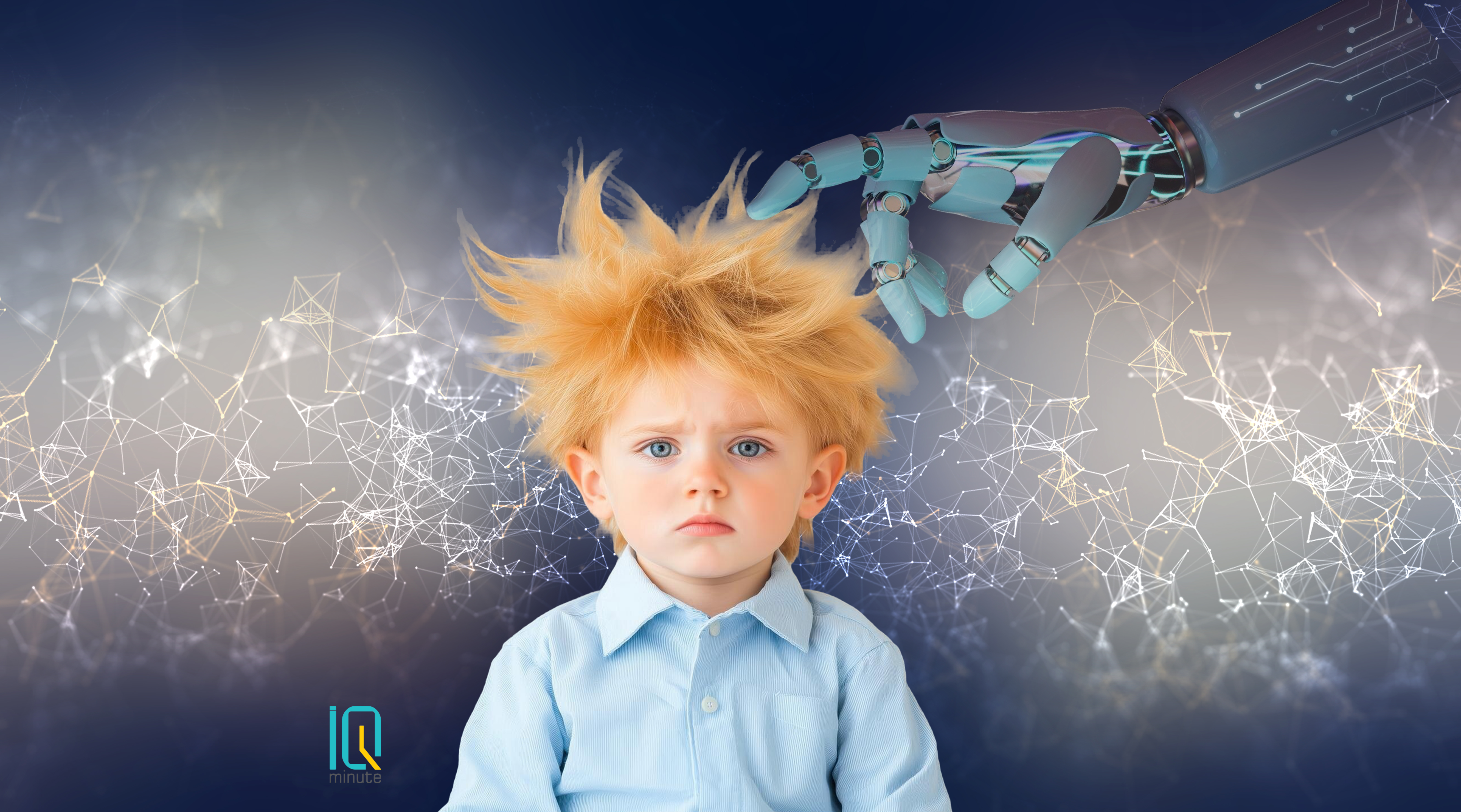So how is AI integrated into the lives of the younger generation? From automated homework solutions to AI-driven personal assistants, young people increasingly turn to artificial intelligence to handle nearly every aspect of their daily routines. Whether it’s completing assignments, organizing schedules, or even socializing through AI chatbots, the convenience of AI is undeniable. But are we overlooking the potential red flags?
The Red Flags: Over-Reliance on AI
While AI offers numerous advantages, an overdependence on it can lead to serious cognitive consequences. When students consistently rely on AI to generate answers instead of engaging in critical thinking, they risk losing essential problem-solving skills. The more they outsource their cognitive efforts to algorithms, the less they challenge their brains, potentially leading to mental degradation over time.
Another alarming aspect is the decline in creativity and independent thought. AI-powered tools, such as essay generators and automated code writers, can discourage young minds from developing their own ideas. Creativity thrives on exploration, trial, and error—processes that AI often bypasses in favor of efficiency and perfection.
Additionally, the convenience of AI can foster a lack of resilience and patience. The younger generation, accustomed to instant answers and automated solutions, may struggle to cope with real-world challenges that require perseverance and adaptability.
The Flip Side: AI’s Role in Scientific and Healthcare Advancements
Despite these concerns, AI has proven to be an invaluable tool in fields where human capabilities are limited. For instance, in scientific research, AI algorithms analyze vast datasets in record time, enabling discoveries in fields like genetics, climate change, and pharmaceuticals. AI’s ability to recognize patterns and correlations that might elude human researchers has accelerated progress in countless disciplines.
In healthcare, AI-driven technologies are revolutionizing diagnostics and treatment. From early disease detection through machine learning algorithms to personalized treatment plans based on AI analysis of patient data, the technology is saving lives and improving healthcare outcomes globally. AI-assisted robotic surgeries, virtual health assistants, and predictive analytics are just a few examples of how artificial intelligence is enhancing the medical field.
IQminute: Striking the Balance Between AI and Cognitive Engagement
IQminute, a groundbreaking app designed to balance screen time and mental work, leverages AI in a way that fosters cognitive growth rather than stifling it. Instead of passively providing answers, the app uses AI to monitor children’s mental states, such as cognitive fatigue, and dynamically adjust task difficulty accordingly. This approach ensures that children remain engaged and challenged, rather than dependent on technology.
Additionally, IQminute provides insightful analytics to parents, allowing them to customize tasks and interruptions based on their child’s needs. This smart integration of AI empowers both parents and children to create a structured digital environment without compromising cognitive development.
https://iqminute.com/To promote an earlier launch and be among the first to experience the benefits of IQminute, sign up for the waitlist today!
The Takeaway
AI is undoubtedly a powerful tool, but when used without oversight, it can hinder the intellectual growth of the younger generation. Striking the right balance between leveraging AI for efficiency and fostering independent thought is crucial. Using AI responsibly—as seen in solutions like IQminute—we can harness its potential without jeopardizing cognitive development. The key question remains: Are we guiding the younger generation to use AI as a tool, or are they letting it think for them?

